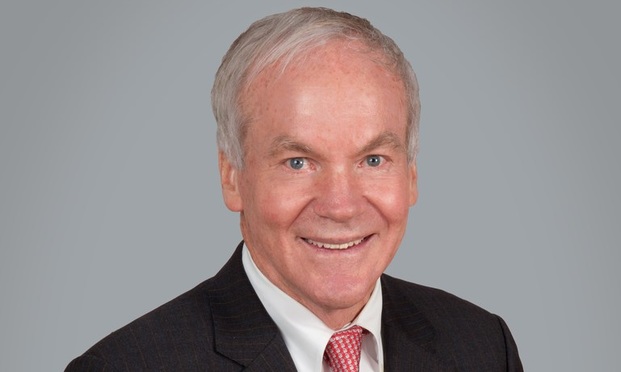For many years in New York medical malpractice trials, the error in judgment charge was given as a standard part of the jury charge, incorporated into Pattern Jury Instruction 2:150, the very definition of medical malpractice. The widely accepted concept is that where a physician has exercised professional judgment by selecting one of the alternative courses available within the standard of care, that judgment should be protected from second-guessing in the event that the patient does not obtain the desired outcome.
Every profession has its equivalent of the medical standard of care, and it is up to the professionals to apply their judgment to the best advantage of their patient or client, always within the overall standards. A rough analogy is that in football, the quarterback has many options within his judgment as to how to advance the ball, but will be stopped by the referee if there is a violation of the rules of the game or the boundaries of the field.


 John L.A. Lyddane
John L.A. Lyddane




